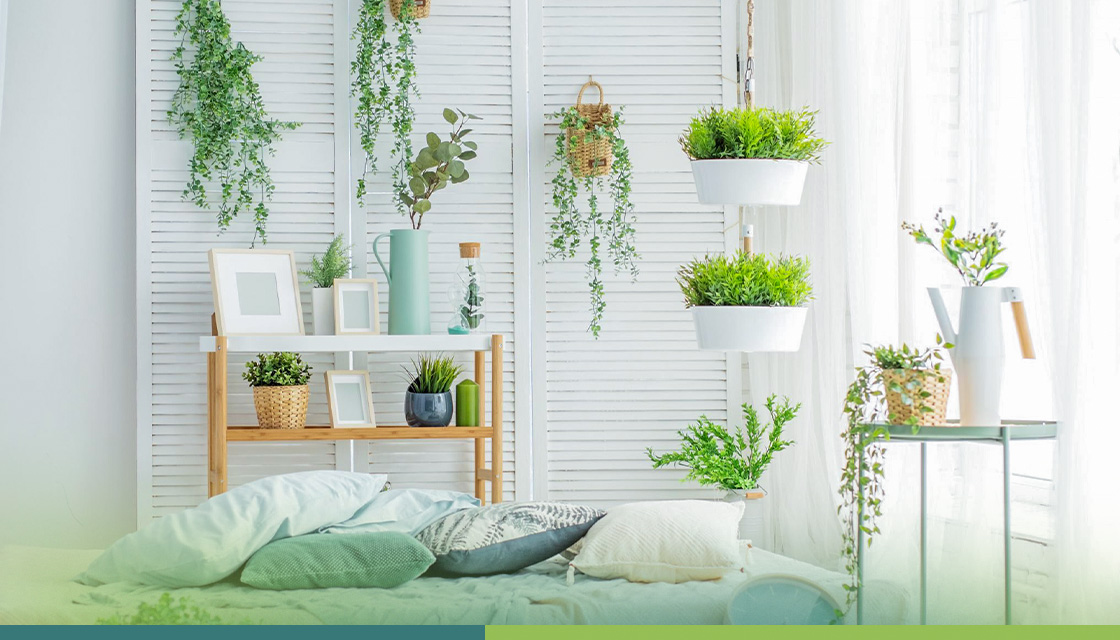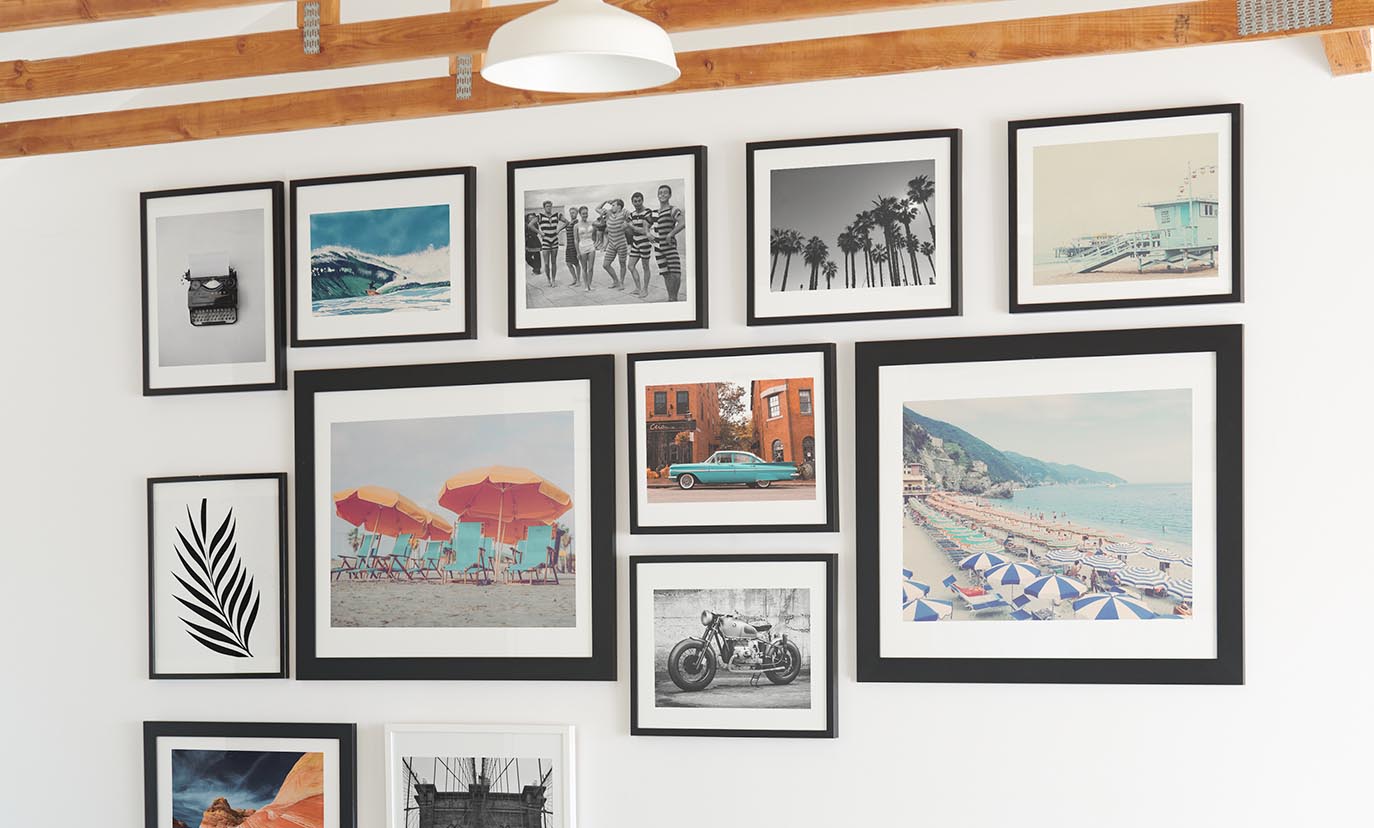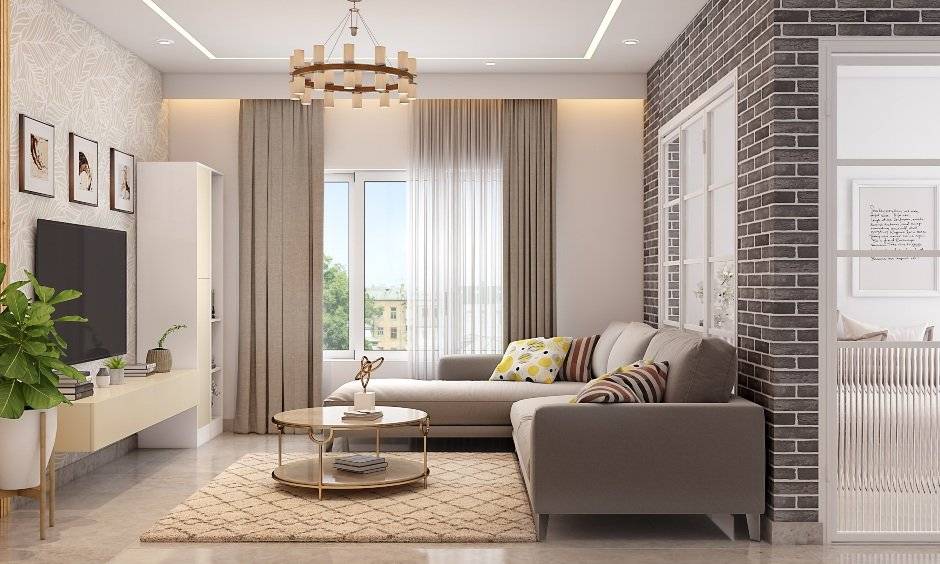Americans spend $400 billion on renovations each year, yet not everyone adds value to their homes as a result. Whether you want to add a big-ticket item like solar panels or a swimming pool, or you just want to renovate your kitchen, consider how your project will affect the value of your home before you make a decision. Online estimators are a good place to start when figuring out what is my home worth. These online tools gather data from a variety of sources to generate a real-time home value assessment based on current market conditions. While it might offer you a rough indication of how much your home’s worth has increased since you bought it, it’s best to visit with an experienced top agent to get the whole picture. Read below for home remodels that don’t add value to your home.
Bathroom
A bathroom remodel is one of the few home improvements that has the potential to increase in value at a rate similar to what you paid for it. But only if you do everything correctly. In this case, doing it well means keeping the renovation simple: new paint, improved lighting, and repairs to any previous damage to the bathroom. However, staying under $5,000 is more difficult than you might imagine. It’s so tempting to replace the 1970s-era linoleum floor with attractive high-end flooring once you’ve decided to do so. New tub taps become a new tub, replete with jets, all of a sudden. Why not update to a dual-action, ecologically friendly toilet, as well as the cute spout for the sink, while you’re at it? All those lovely remodeling magazine ideas can easily force you to go over budget numerous times.
Hobby Room
Sewing rooms, home theaters Aquariums built into the walls or themed children’s rooms – What they all have in common is that they take a generic room and transform it into a space dedicated to a single interest or pastime. Though these improvements to your living space may improve your quality of life, they depreciate the value of your home in two ways. First, there’s the out-of-pocket expense. Although there is no real typical cost for such a broad category, you can expect to spend four or five figures putting everything just right without adding much to the home’s overall value. Second, your designated recreational space may deter prospective homebuyers. They don’t see a home theater as a room that can be transformed into whatever they desire.
Carpet
It’s easy to imagine that new carpets will make a potential buyer feel the same way about your property. You’d be right if everyone’s carpeting preferences were the same. If buyers prefer the same carpet you just put, it improves their opinion of the house. If they don’t like your brand-new carpet, they’ll select what sort to replace it with right away. They begin to calculate the expense of the replacement once they’ve made that decision. That math will most likely make them less enthused about your home or make them more inclined to include that cost when calculating an offer or counteroffer. In the end, replacing carpeting poses a greater danger than you might believe.
High End Kitchen
The kitchen is frequently regarded as the heart of a home, and many homeowners save up for it. The average cost of a big kitchen makeover in 2020 was $68,490, but the resale value was only $40,127. Focus on which components of the kitchen are the most outdated or worn to prevent kitchen renovation mistakes that won’t provide you a return on investment.


